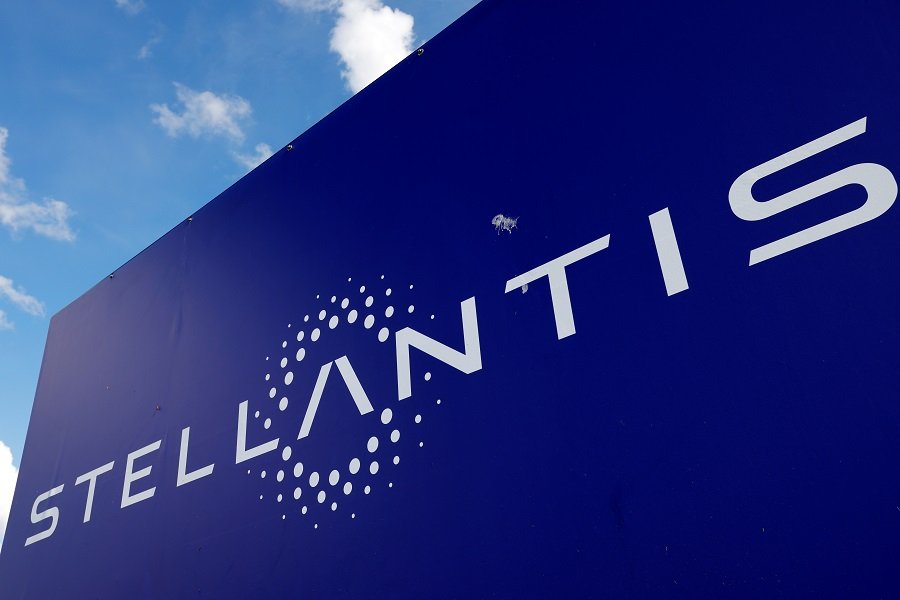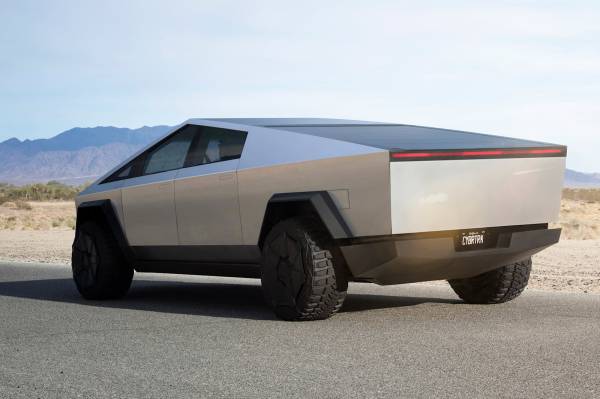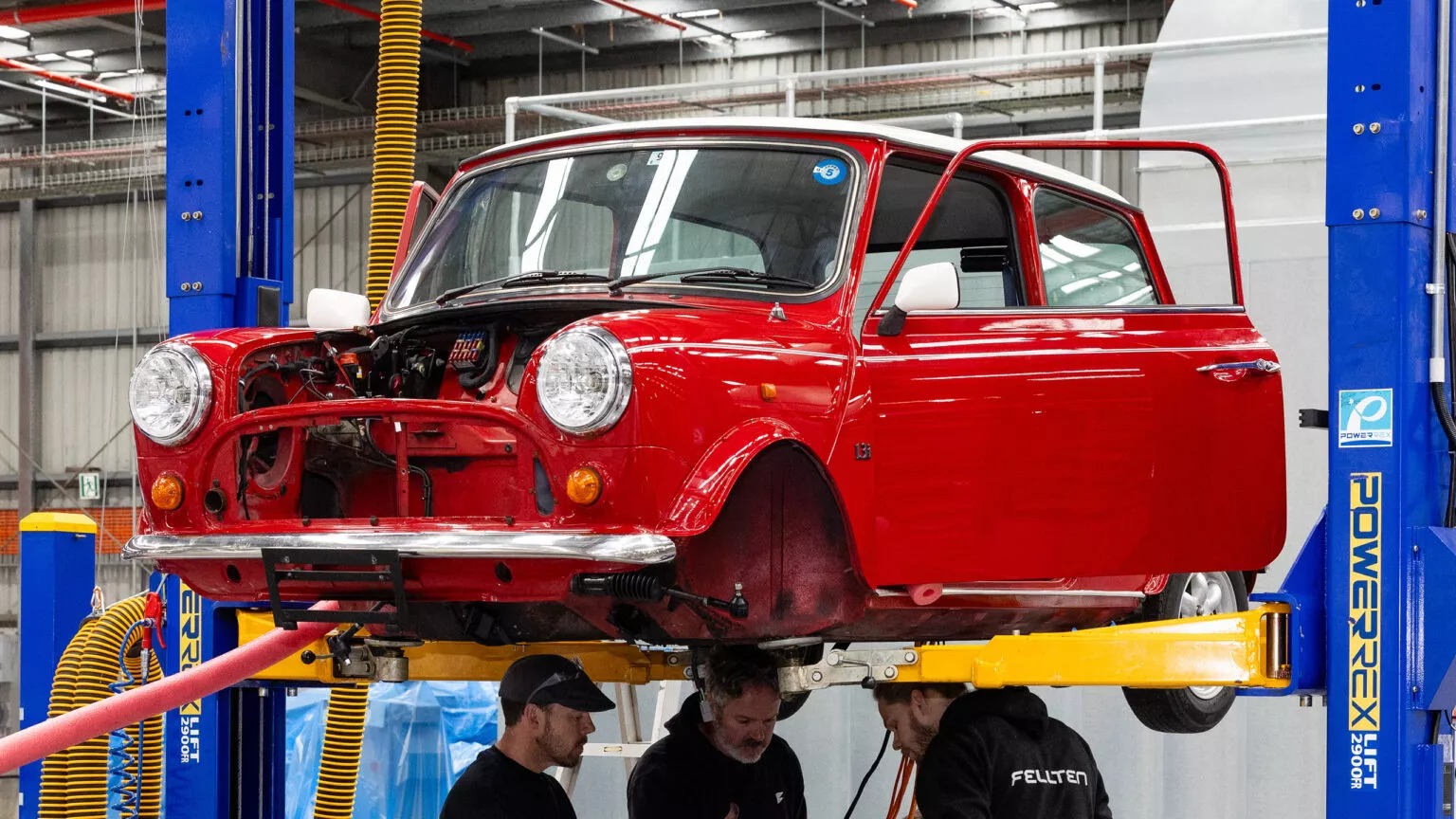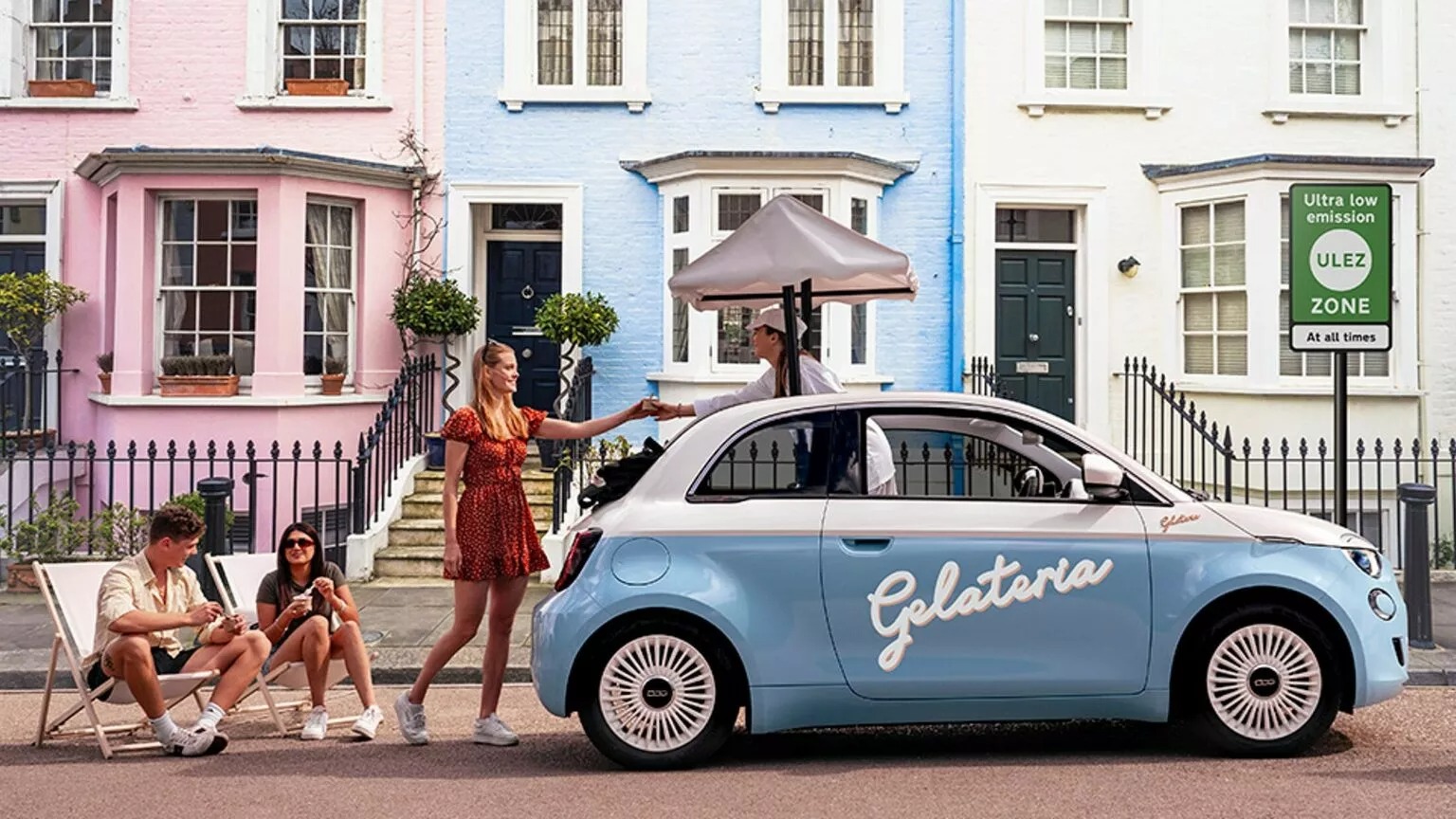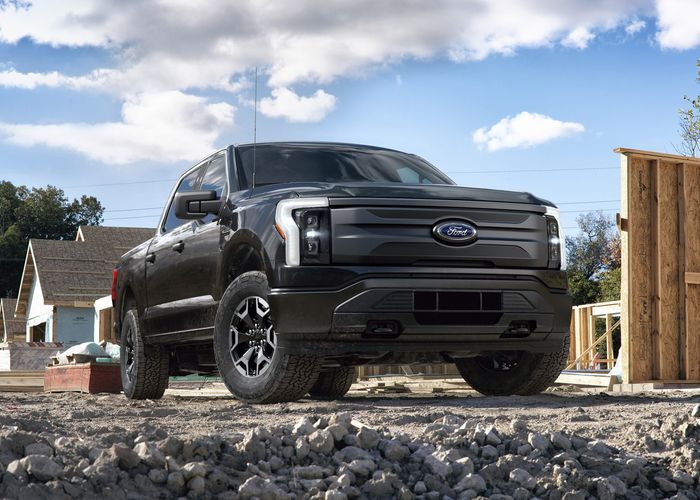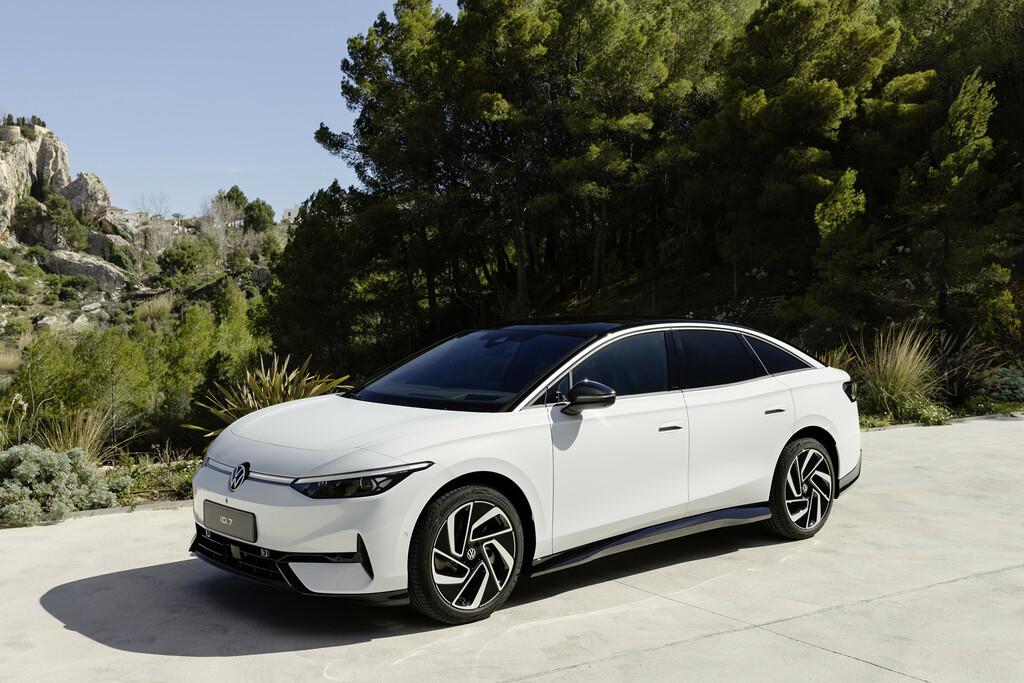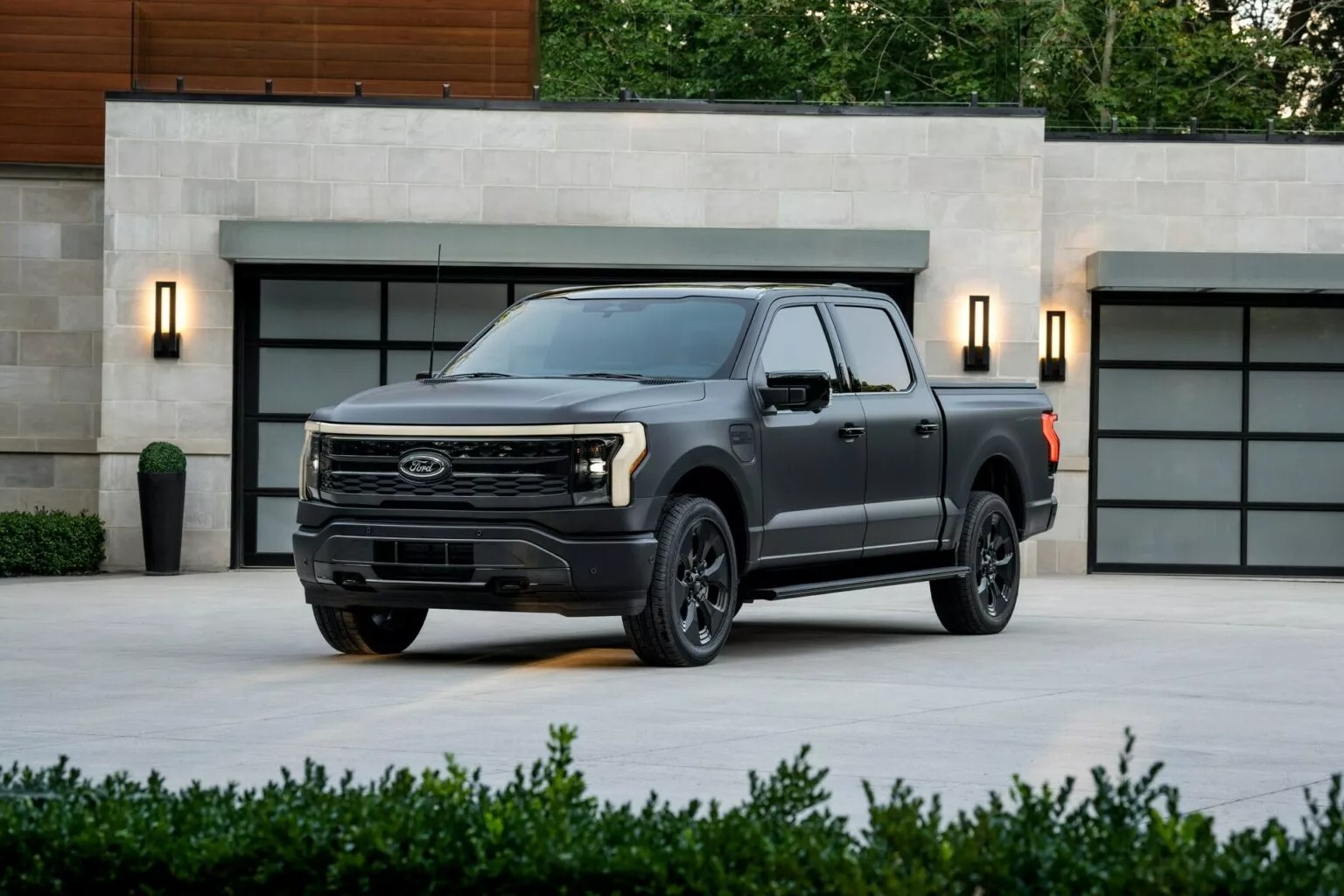In a bid to fortify its position in the vast realm of the Chinese automotive industry, Stellantis is diligently exploring the prospects of a strategic collaboration with a distinguished Chinese electric car manufacturer, as revealed by an authoritative agency report. The reputed source, Bloomberg, citing undisclosed insiders, elucidates that Stellantis is actively deliberating an investment into a Chinese electric car entity or forging a business alliance, which holds the promise of propelling the conglomerate’s growth trajectory within China’s competitive landscape. Notably, there are several contenders vying for the prospect of partnership, including the noteworthy name of Leapmotor, yet a definitive verdict remains pending. Absent from the disclosure are the identities of other prospective manufacturers engaged in negotiations with Stellantis, and the specific brand under Stellantis’s umbrella earmarked for this pioneering joint venture remains shrouded in ambiguity.
Presently, Stellantis boasts a collaborative venture with Dongfeng, orchestrating the sale of Peugeot and Citroën vehicles in China. Regrettably, the joint venture, known as Dongfeng Peugeot Citroën, has left a limited imprint in the sphere of New Energy Vehicles. It is pertinent to mention that in October 2022, plans surfaced that the joint venture would harness CATL’s innovative battery replacement mechanism for its inaugural model. Alas, the Evogo system found integration in an aging Dongfeng model fashioned upon a Peugeot blueprint, thus falling short of contemporary standards.
Bloomberg postulates that a nascent electric partnership with a local enterprise resonates harmoniously with Stellantis CEO Carlos Tavares’s “asset-light” stratagem devised for the Chinese market. The preceding year witnessed Stellantis shutter its sole Jeep production facility in China, a move substantiated by cost considerations. Notably, the contemplation of a comprehensive shutdown of the entire production in China, encompassing Dongfeng Peugeot Citroën, had occupied the conglomerate’s strategic calculus. Tavares’s assertion in July, wherein he expressed contentment with his pivotal decision to streamline operations in China, gains credence as market competitors, such as Volkswagen and General Motors, grapple with mounting pressures in the same domain.
The market response to this development notably reverberated in the valuation of Leapmotor’s shares, with an ascension of up to 11.4 percent recorded at its zenith. Having been publicly listed since September 2022, Leapmotor had confronted the tempestuous competition endemic to the EV startup realm, which had temporarily depressed its shares to approximately 20 percent below their initial issue price in the preceding autumn. Leapmotor’s innovative inclinations, encompassing groundbreaking concepts like cell-to-chassis batteries, stand juxtaposed with pragmatic endeavors such as incorporating internal combustion vehicles, particularly range extenders, into their product portfolio, aimed at rejuvenating sluggish sales.
A concurrent rumor has taken flight, suggesting Volkswagen’s analogous interest in a cooperative endeavor with Leapmotor in the electric vehicle sphere. Volkswagen had already proclaimed a forward-looking technological collaboration with the esteemed Chinese EV manufacturer Xpeng in late July, concurrently materializing a substantial financial investment totaling approximately $700 million. Further validating the industry’s progression, Audi, a subsidiary of Volkswagen, continues to amplify its collaborative strides with Chinese joint venture partner SAIC in the realm of electric vehicles.

